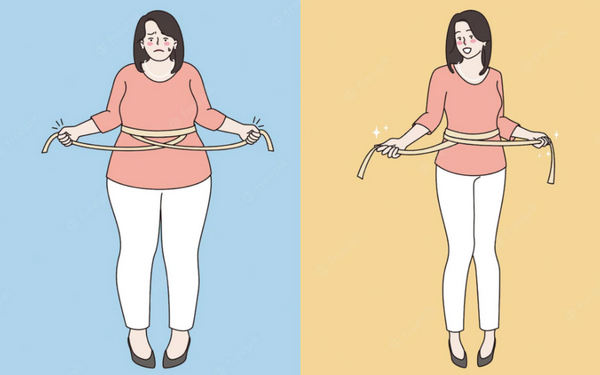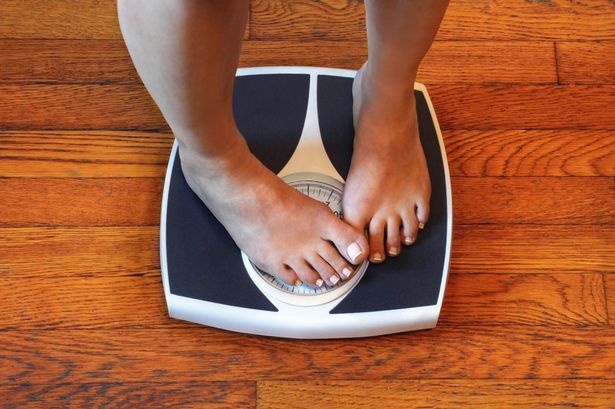
The Hidden Dangers of Extreme Diets: Dehydration, Depression, and More
In the pursuit of quick weight loss, many turn to extreme diets, hoping to shed pounds rapidly. But while these diets might seem like a fast track to a slimmer figure, they can come with serious health consequences. According to experts, such drastic measures not only strip away unwanted weight but also essential nutrients and water from the body, leading to severe dehydration and even depression.
The Perils of Rapid Weight Loss
When people aim to lose weight quickly, they often opt for extreme diets that severely restrict caloric intake. However, these diets can do more harm than good. Nutritionists warn that rapid weight loss through such means often results in dehydration due to insufficient water consumption. Dehydration can cause a host of issues, including fatigue, headaches, and a general feeling of malaise.
But the problems don’t stop there. Extreme diets can also lead to a deficiency in vital nutrients that are essential for maintaining overall health. This lack of nutrients can impair bodily functions, leading to a range of physical and mental health issues.

Mental Health and Extreme Diets
It’s not just physical health that’s at risk. The emotional toll of extreme dieting can be significant. Low-calorie diets can affect your mood and mental state, often resulting in increased anxiety, stress, and even depression. “The stress that the body undergoes during rapid weight loss is often mirrored in a person’s emotional well-being,” notes a nutritionist. Over time, these extreme dietary restrictions can foster an unhealthy relationship with food, making it even more difficult to maintain a balanced diet in the future.

Long-term Health Implications
The impact of extreme diets extends beyond immediate health concerns. Continuous nutrient deficiencies can lead to the dysfunction of internal organs, slowing down metabolism and increasing the risk of conditions like kidney stones. Moreover, rapid and significant weight changes can cause the skin to become loose and lose its elasticity, further affecting a person’s self-esteem and emotional health.

In the absence of adequate physical activity and proper nutrition, muscle mass can also be lost, which compromises overall strength and metabolism. Hormonal imbalances are another consequence, with women potentially experiencing menstrual irregularities and men facing reduced testosterone levels.

A Balanced Approach is Key
While the desire to lose weight quickly is understandable, it’s important to remember that extreme diets are not a sustainable or healthy solution. A balanced approach that includes a nutritious diet, proper hydration, and regular physical activity is the best way to achieve and maintain a healthy weight. Prioritizing long-term well-being over quick fixes can help avoid the hidden dangers associated with extreme dieting.
By being mindful of these risks and adopting healthier habits, individuals can achieve their weight loss goals without compromising their overall health and happiness.











